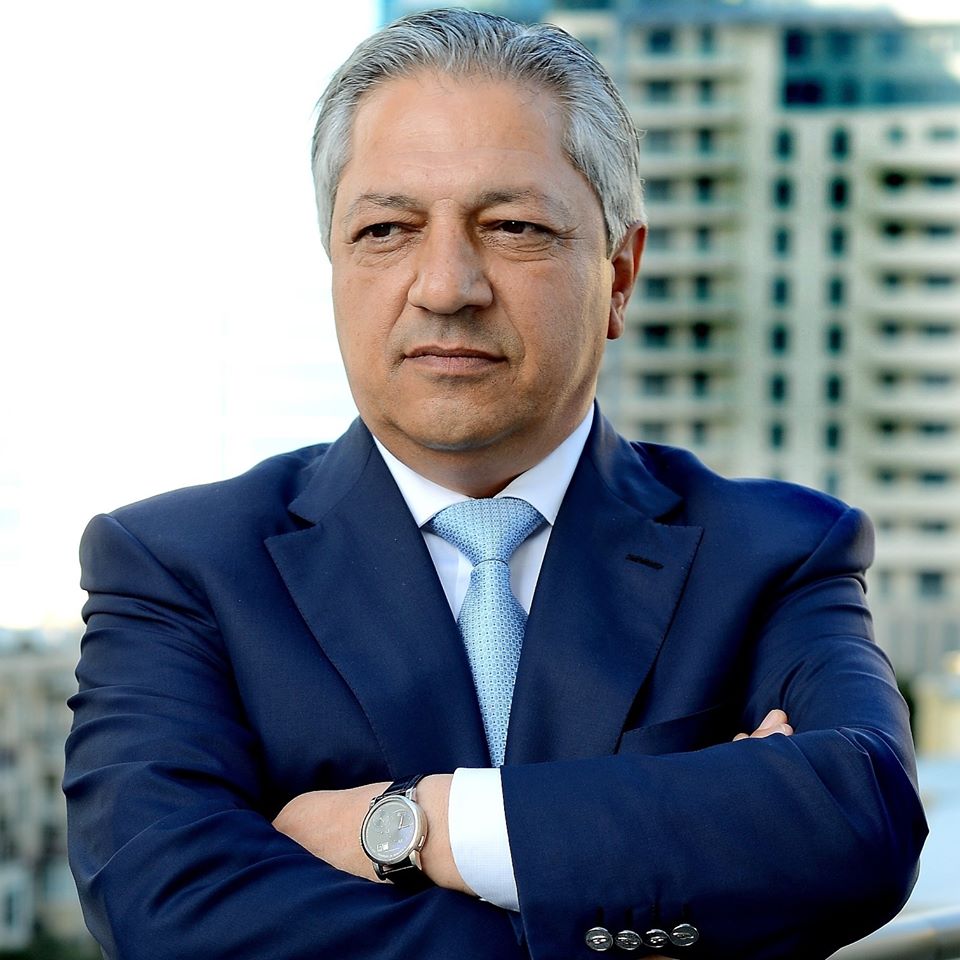The global political game in the South Caucasus is over

Javanshir Feyziyev – MP, Azerbaijan
The Azerbaijani regions occupied by Armenia, have been finally liberated as a result of counterattacks of the Azerbaijani Army against armenians ‘attack on 27 September of the last year.
For thirty years, especially through the Lachin corridor – the last breath of the Armenian terrorists groups which received comprehensive support from Armenia and engaged in destructive activities in Karabakh, was closed.
Thus, 4 UN Security Council resolutions, demanding the immediate withdraw of illegal Armenian military troops from the occupied territories, adopted in the 1990s were implemented by Azerbaijan, and a complex of ethno-political confrontation, which felled into history under the name of “Armenian-Azerbaijani, Nagorno-Karabakh conflict”, was ended.
At first glance, it seems that the 30-year conflict between the two neighboring countries, based on territorial claims, ended with the defeat of one side and the victory of the other. This is true in terms of a simple perception of the conflict by the citizens of both countries, but it is a large, more complex and more serious political event in the global political sense.
But what is the true essence of this event?
Any conflict that flares up in different parts of the world is in fact a multilateral conflict, not a bilateral one, as it appears at first glance.
In this regard, the Nagorno-Karabakh conflict isn’t an exception. The early years of the conflict coincided with a world large-scale political event – the process of the collapse of the USSR.
At that historical time, the interests of the world power centers weren’t stressed enough to support the accession of newly independent states to world politics in the short term. Their interest was, first of all, to open new opportunities for their expansionism over the ruins of the USSR and to immediately bring new states into their sphere of influence, which have not yet been able to determine the path of independent political and economic development and then to direct all the states of the region to their own interests. Armenia’s longstanding interest in neighboring lands has provided an opportunity to ignite a protracted conflict in the newly discovered region of the South Caucasus. In a tactical sense, first of all, it seemed more attractive to capture the country with the greatest potential in the region, such as Azerbaijan.
Armenia, with its territorial claims to all its neighbors, could and has been the most appropriate and convenient means to achieve this goal for big powers.
From a strategic point of view, strengthening in the South Caucasus meant gaining the most favorable foothold in order to control and, if necessary, put pressure on regional powers throughout all Eurasia.
According to the considered scenario, Armenia’s “incomplete success” and Azerbaijan’s “efforts to overcome failure” had made both states dependent on global power centers (USA, France and Russia). Thus, in the real-politic scenario, Azerbaijan and Armenia, both were seen as victims. This was the essence of the global political game in the South Caucasus in the early years of independence. In order to achieve this, a military solution to the conflict was excluded by signing the relevant documents by the parties of the conflict, and the prospects for a peaceful solution were put in a state of dependence on international power centers, represented by the OSCE Minsk Group.
The Nagorno-Karabakh conflict has been deliberately “frozen” and maintained for a long time. Thus, the victims of the conflict – Armenia and Azerbaijan – couldn’t go forward or backward with their hands tied at the game table of the world giants. Armenia believed that it would formalize its “military success” soon and end with the conflict in a victorious role, and did not even think that it was a victim of the game.
Unlike Armenia, Azerbaijan, understood the essence of the game and insisted on finding a way out of the impasse. The authors of the game were convinced that the status quo, which was established in 1994, will continue for a long time under the control of the OSCE Minsk Group. It wasn’t expected that any of the global powers would violate the rules of the game, because the current situation fully satisfied their interests. This is evidenced by the history of many years of conflicts in the regions of Middle East, Africa and Asia.
But this did not happen in the South Caucasus. Unexpectedly, Azerbaijan violated the rules of the game of global powers. How Azerbaijan has achieved this is a very broad topic and requires a detailed explanation. But I can’t complete my article without mentioning what Azerbaijan has achieved as a result.
- Azerbaijan has liberated its 30-year-old occupied territories by destroying a strong political game network around the South Caucasus, established by international forces, and fully ensured its territorial integrity;
- Azerbaijan has ensured that more than 1 million IDPs will be able to return to their homelands;
- Azerbaijan has figuratively punished its greedy and treacherous neighbor Armenia, which has been deceived by the political game of regional centers of power.
- The scriptwriters of the game were faced with a situation they didn’t expect and didn’t want – to give way to a regional force that can play an important role in the future of the South Caucasus from the point of view of Azerbaijan’s interests. So, Azerbaijan ensured Turkey’s entry into the political life of the South Caucasus.
- Azerbaijan has achieved a remarkable historical success that has aroused admiration and sympathy on a global scale: it has eliminated the hybrid interference of forces from outside the region in the South Caucasus and laid the foundation for peace and stability in this region.
- Azerbaijan, which had been awarded the role of victim at the beginning of the conflict, emerged from the war 30 years later as THE GREAT WINNER in an insidious political game played by the greatest powers of the world.
